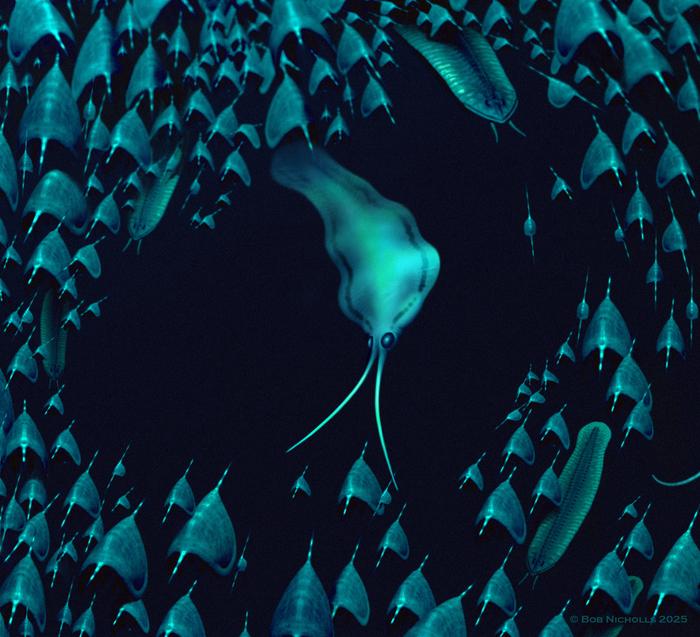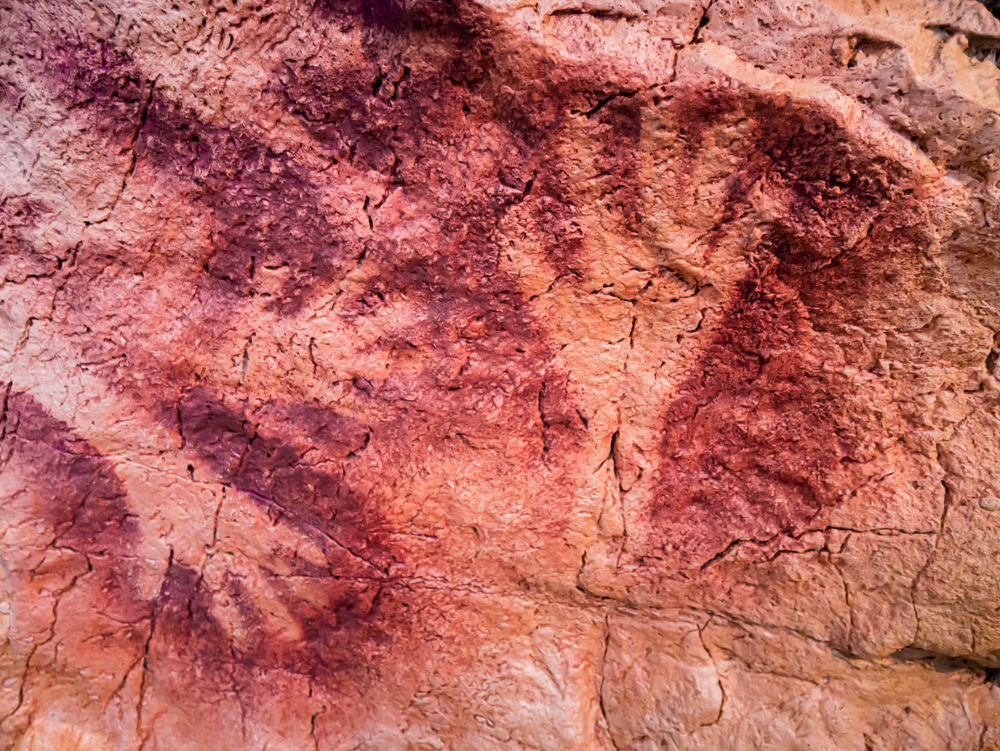Now Reading: 518-Million-Year-Old Fossil Reveals Squid-Like Creature with Advanced Eyes
-
01
518-Million-Year-Old Fossil Reveals Squid-Like Creature with Advanced Eyes
518-Million-Year-Old Fossil Reveals Squid-Like Creature with Advanced Eyes

quick Summary
- Nectocaridids, previously thought to be squid-like cephalopods, have been reclassified as ancient ancestors of arrow worms based on a study published in Science Advances.
- The finding stems from exceptionally preserved fossils found at Sirius Passet in North Greenland, dating back to the Early Cambrian period (518 million years ago).
- Researchers analyzed 25 nectocaridid fossils and identified the ventral ganglion, a unique feature that links them to modern arrow worms.
- Evidence suggests nectocaridids where complex predators with human-like camera eyes and efficient swimming adaptations. fossils reveal arthropod shells inside their digestive tracts, indicating carnivorous behavior.
- Modern arrow worms are simpler and lack advanced eyesight or predatory adaptations compared to their ancient predecessors.
Indian Opinion Analysis
This finding provides fascinating insights into evolutionary biology and how traits adapt over millions of years. For India’s growing scientific community, particularly those engaged in paleontology or marine studies, discoveries like these could spark collaborative research opportunities with global counterparts on early life forms preserved within unique geological contexts. additionally, these reclassifications underline the importance of meticulous fossil analysis where assumptions can change modern perspectives about evolution itself.By understanding ancestral predators such as nectocaridids better-India may find value not only in its academic endeavors but perhaps contribute innovative methodologies for studying its own rich fossil record across regions like Rajasthan’s Cambay Basin or Kerala’s Konkan coast.

























